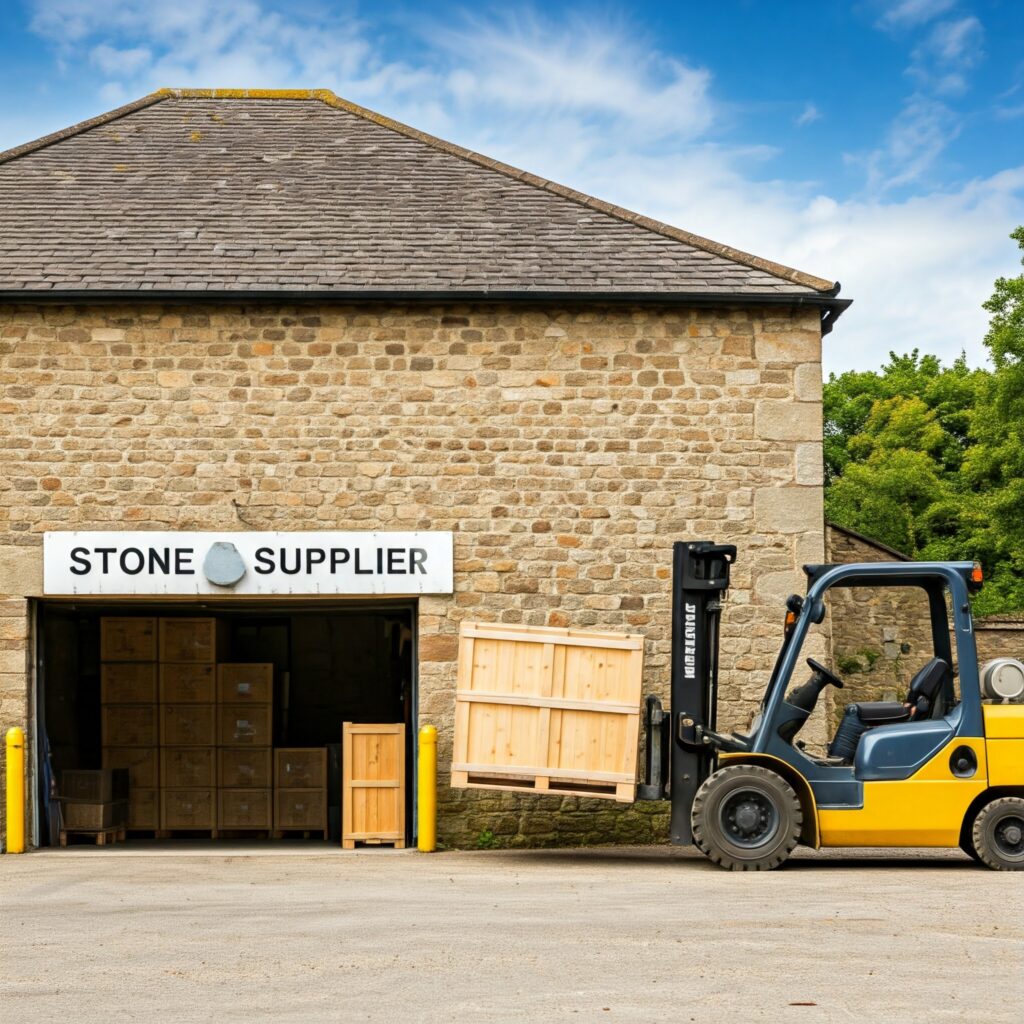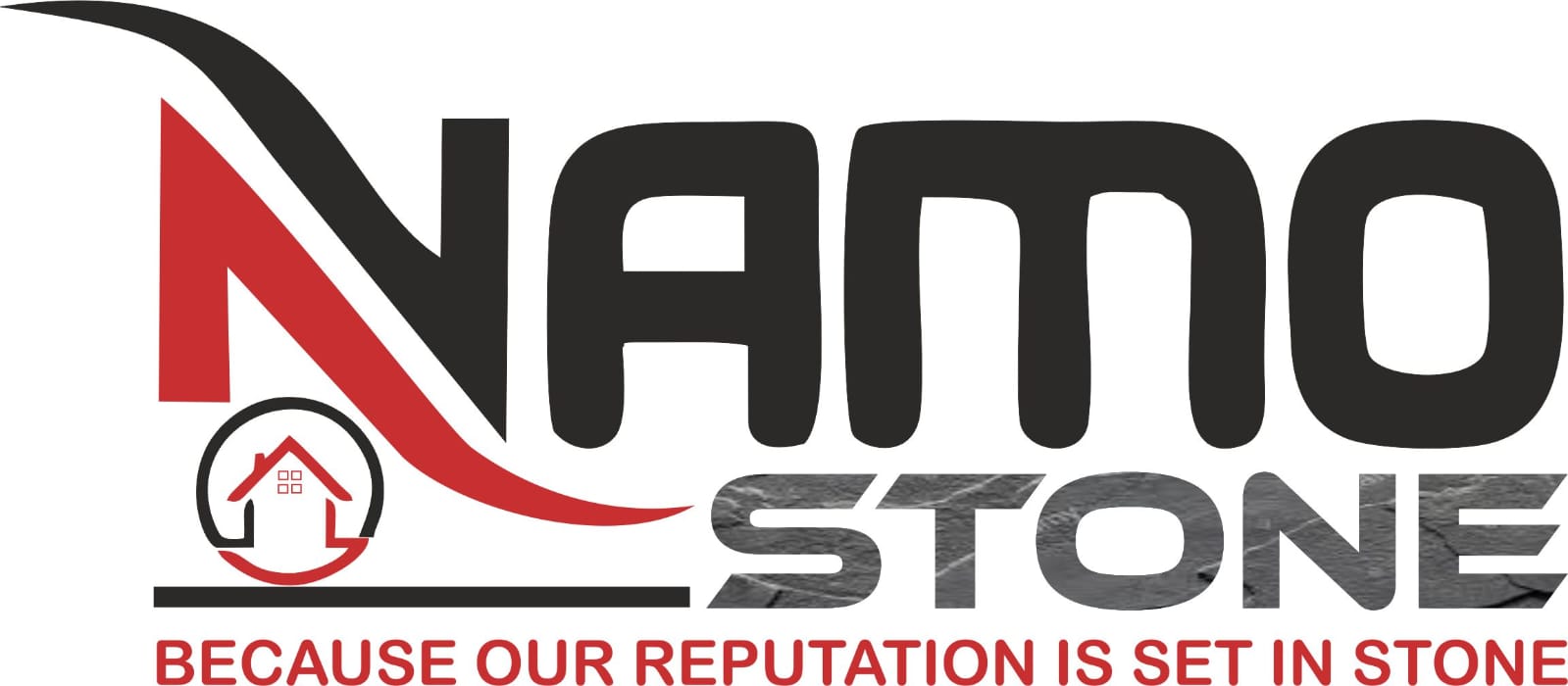Indian White Granite has emerged as one of the most popular choices in architectural designs,…

Stone Supplier Selection: Questions to Ask Before Buying
When it comes to selecting the right stone supplier, whether you’re working on a large-scale construction project or looking to renovate your home with a natural stone finish, the decision can be overwhelming. Choosing the wrong supplier could lead to cost overruns, delayed projects, or poor-quality materials. On the other hand, selecting the right one can help you achieve your vision with high-quality products, excellent service, and on-time delivery.
This article will guide you through the process of selecting the best stone supplier for your project. By asking the right questions, understanding the critical factors that affect your selection, and using pro tips, you can ensure that your stone supplier will meet your needs. We’ll also provide links to helpful government resources and a handy comparison chart to make your decision easier.
Why is Selecting the Right Stone Supplier Important?
The right stone supplier does more than just provide materials – they can be a vital partner in ensuring that your project runs smoothly. Whether you are buying granite, marble, limestone, or quartz, your stone supplier should offer a range of services, from material sourcing to delivery. The quality of the stone, the reliability of the supplier, and the prices they offer will directly affect the outcome of your project.
Fun Fact: Did you know that marble has been used for centuries in art and architecture? The ancient Greeks and Romans used marble in sculptures, temples, and buildings, making it one of the most timeless and enduring natural materials.
Key Questions to Ask Before Buying from a Stone Supplier
Selecting the right stone supplier involves asking the right questions. Here are some essential questions you should ask to help you make an informed decision:
1. What Types of Stones Do You Offer?
Stone suppliers often specialize in specific types of stone. Some may offer a wide variety of stones, while others may specialize in a particular stone, such as granite, marble, or slate. Depending on your project needs, it’s important to ensure that the supplier offers the exact type of stone you’re looking for.
Pro Tip:
Ensure that the supplier offers stone from reputable quarries, as the source can affect the quality and durability of the material.
2. Can You Provide Samples of the Stone?
It’s essential to inspect the stone’s texture, color, and finish before committing to a large order. Requesting samples will help you visualize how the material will look in your space and give you an idea of its overall quality.
3. What Is the Quality of the Stone?
Not all stones are created equal. Ask the supplier about the grading system for the stone you’re purchasing. For example, granite may be graded based on its hardness, color consistency, and veining patterns.
Fun Fact: Granite is one of the hardest natural stones, making it an excellent choice for kitchen countertops and outdoor applications where durability is essential.
4. What Are Your Pricing and Payment Terms?
Before you place an order, make sure to ask about pricing, including delivery costs, installation fees, and any potential additional charges. Be clear about the payment terms and ensure that they fit within your budget.
5. Can You Meet My Delivery Schedule?
Timely delivery is crucial to avoid delays in your project. Ensure the supplier can meet your delivery schedule and that they provide tracking information for your order. Delayed stone deliveries can cause project timelines to be pushed back, which could incur extra costs.
6. Do You Offer Installation Services?
Some stone suppliers also offer installation services. If you’re not working with a separate contractor for installation, this could be a convenient option. Ask if the supplier can provide referrals to experienced installers who specialize in stone.
7. Do You Offer Customization Options?
If your project requires specific cuts or finishes, check if the supplier offers customization. Some suppliers offer services such as stone cutting, polishing, or creating bespoke stone pieces, which can make your project truly unique.
8. What Is Your Return and Warranty Policy?
Understand the supplier’s return and warranty policies before making your purchase. A reliable supplier will offer warranties on the quality of their stone, ensuring that any defects will be addressed.
9. Can You Provide References or Reviews?
Look for a supplier with positive reviews and testimonials from past customers. If possible, ask for references or check online reviews. A trustworthy supplier will be more than happy to provide you with examples of previous work.
Pro Tip:
Check the supplier’s website and trusted review platforms such as Google Reviews, Trustpilot, or industry-specific forums to get an idea of the supplier’s reputation.
10. Are You Licensed and Insured?
Verify that the supplier is licensed and insured. This ensures that they operate legally and have the necessary qualifications to supply quality stone. If an accident occurs during delivery or installation, their insurance will cover any damages.

How to Compare Stone Suppliers
When comparing stone suppliers, it’s essential to have a clear set of criteria. Below is a helpful chart to guide your comparison process:
| Criteria | Supplier A | Supplier B | Supplier C |
| Types of Stone Offered | Granite, Marble | Marble, Quartz | Slate, Granite |
| Sample Availability | Yes | No | Yes |
| Quality (Stone Grade) | High | Medium | High |
| Pricing | $50/sq.ft | $45/sq.ft | $55/sq.ft |
| Customization Options | Yes | No | Yes |
| Delivery Schedule | 2 weeks | 1 week | 3 weeks |
| Installation Services Available | Yes | No | Yes |
| Warranty | 1 year | 6 months | 1 year |
| Reviews and References | Excellent | Fair | Good |
By comparing these factors, you can make a more informed decision about which supplier will best meet your needs.
Government Regulations for Stone Suppliers
When sourcing stone for your project, it’s important to understand the regulatory framework that governs the extraction and distribution of natural stone. Government regulations ensure that stones are ethically sourced, and that environmental and safety standards are adhered to. In many countries, including the United States, there are regulations that govern the quarrying process to reduce environmental impact and ensure worker safety.
- U.S. Government’s OSHA Standards: The Occupational Safety and Health Administration (OSHA) sets regulations for workplace safety, which includes stone cutting and quarrying.
- Environmental Protection Agency (EPA): The EPA has regulations to minimize the environmental impact of stone mining operations. Suppliers that adhere to these regulations will be more reliable in terms of sustainable practices.
By sourcing stone from suppliers who comply with these regulations, you can rest assured that the materials used in your project are ethically and responsibly sourced.
For more details, you can check out the OSHA website and the EPA guidelines.
Selecting the Right Stone Supplier: Pro Tips
- Research the Supplier’s Reputation: Before committing, conduct thorough research. Look at the supplier’s history, industry presence, and customer reviews to gauge their credibility.
- Visit the Showroom or Quarry: If possible, visit the supplier’s showroom or quarry. Seeing the stones in person allows you to evaluate the quality firsthand.
- Ask About Stone Maintenance: Different stones require different levels of maintenance. Ensure that the supplier can provide you with information on how to care for the stone you’re purchasing.
- Check for Certifications: Many reputable suppliers are certified by industry organizations. Look for certifications such as the Natural Stone Institute’s Stone Certification, which guarantees that the supplier adheres to quality and environmental standards.
- Get Multiple Quotes: Don’t settle for the first quote you receive. Contact several suppliers and compare their prices, quality, and services to find the best deal.
Conclusion
Selecting the right stone supplier is crucial to the success of your project. By asking the right questions, conducting thorough research, and comparing different suppliers, you can find the perfect match for your needs. Remember to check for certifications, inquire about delivery schedules, and ensure that the stone meets your quality standards.
For more information and to explore a reliable source for your stone needs, visit Namo Stone, where quality and customer satisfaction are guaranteed.
By carefully selecting your stone supplier, you are laying the foundation for a successful and beautiful project that stands the test of time.




This Post Has 0 Comments